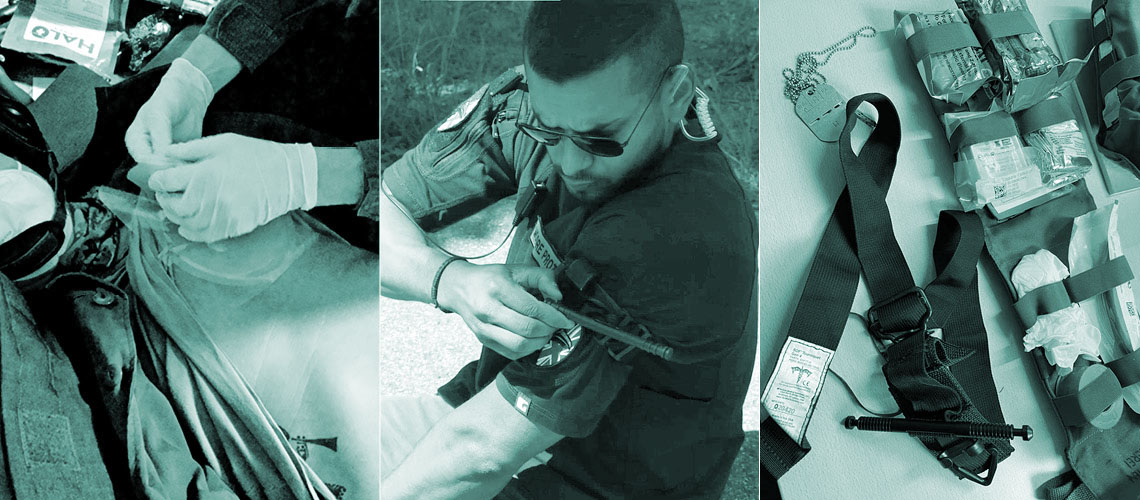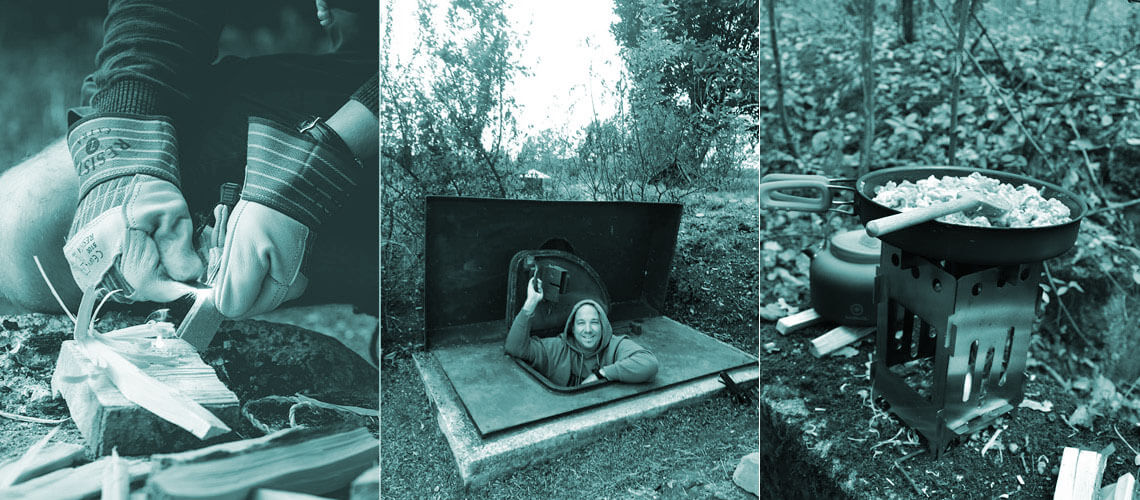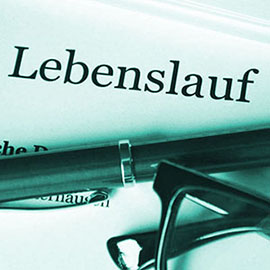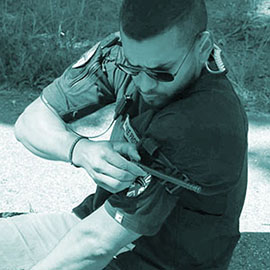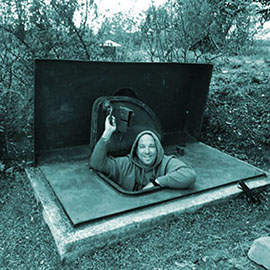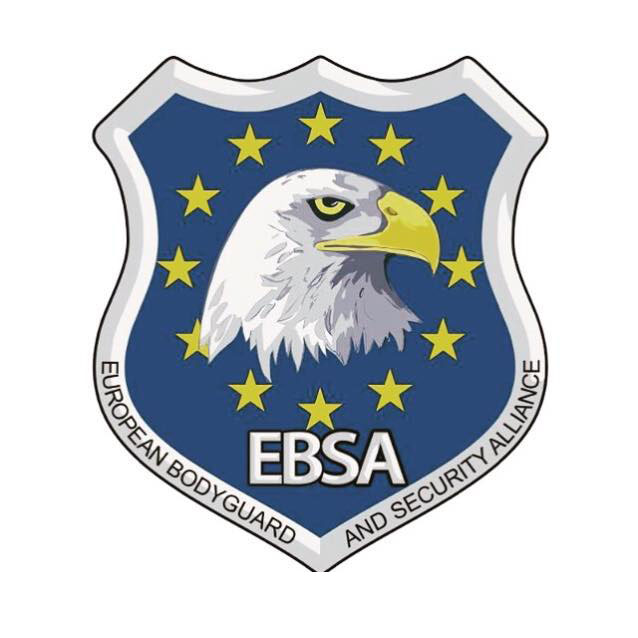In the UK, there are a number of different schemes for classifying ethnicity. These schemes have been and continue to be the subject of debate, including the nature of ethnicity, how or whether it can be categorised, and the relationship between ethnicity, race and nationality. However, they often help security agencies to identify possible perpetrators & attackers for nearby forces in a matter of seconds. With this blog post, I would like to provide you with more valuable information on international work in the security industry.
The police services of the United Kingdom
..... began classifying arrests by racial group in 1975, but later replaced the racial code with the identity code system (IC)
IC codes (identity code) also known as PNC or Phoenix codes or 6+1 codes are codes used by the British police & their security agencies in radio communications and crime recording to describe the apparent ethnicity of a suspect or victim. The codes date from the late 1970s and are based on a police officer's assessment of a person's ethnicity based on a visual assessment rather than the person's self-definition. In most cases where a person's ethnicity is recorded following verbal contact with the police (e.g. in a 'stop and search' or arrest), the police are required to use the broader '6+1' codes for self-defined ethnicity alongside the visual assessment, 'even if the category chosen clearly contradicts the officer's visual assessment'.
Security and doormen regularly use IC codes
in various areas such as:
- Department stores' surveillance
- Airport security
- Event security
- Object and personal protection
Also other people involved in security and law enforcement in the UK, such as environmental officers, street wardens, watchmen (Cheltenham), city wardens (Broad Street, Westminster City Council), police community support officers, tax inspectors, etc.
Classification of the IC Code
→ IC1 White / North European
→ IC2 White / South European
→ IC3 Black
→ IC4 Asian descent (refers to South Asian in the UK).
→ IC5 Chinese, Japanese or South East Asian
→ IC6 Arab or North African
→ IC9 Unknown
The IC classification has also been used in scientific research. In 2014, a global forensic database based on the IC codes was established. It contains the microsatellite (short tandem repeat) profiles of 7 121 people from different parts of the world living or applying for residence in the UK and Ireland. The database of six populations is used in forensics to determine distant kinship or consanguinity according to the fixation index (FST), the measure of genetic distance.
Unfortunately, at the moment, I am unable to determine how the security police forces in the German-speaking countries deal with the IC classification, which is classified as a very sensitive topic. In fact, however, the codes can also be found in the German-speaking security services and in special groups of the personal security services in radio communications.
Together we can make a difference!
Become a part of the MOORE PROTECTION COMMUNITY and subscribe to our newsletter and find out about many interesting topics through our blogposts.






